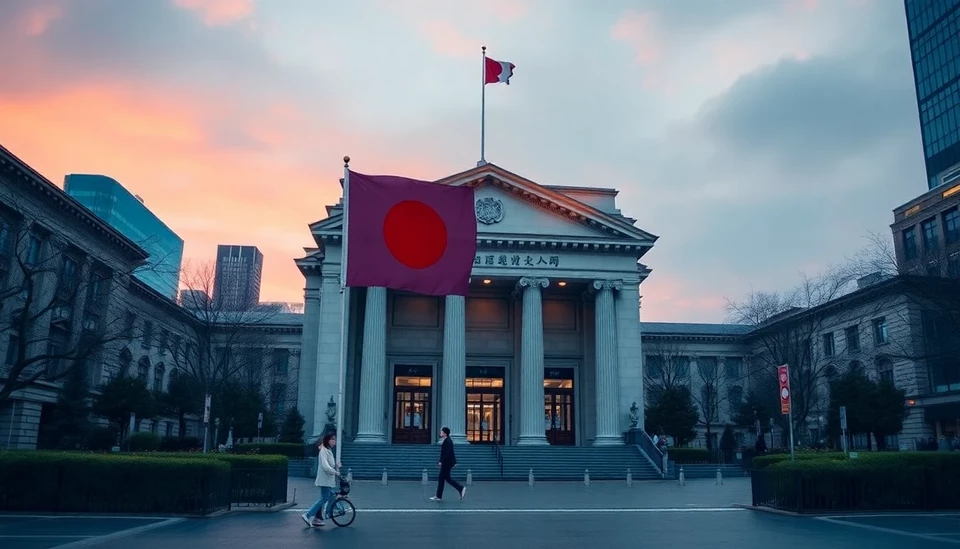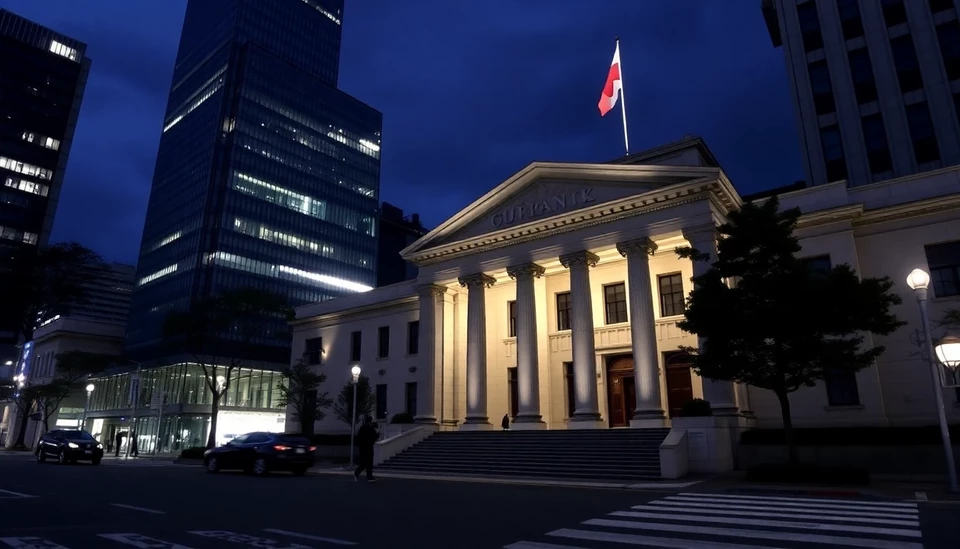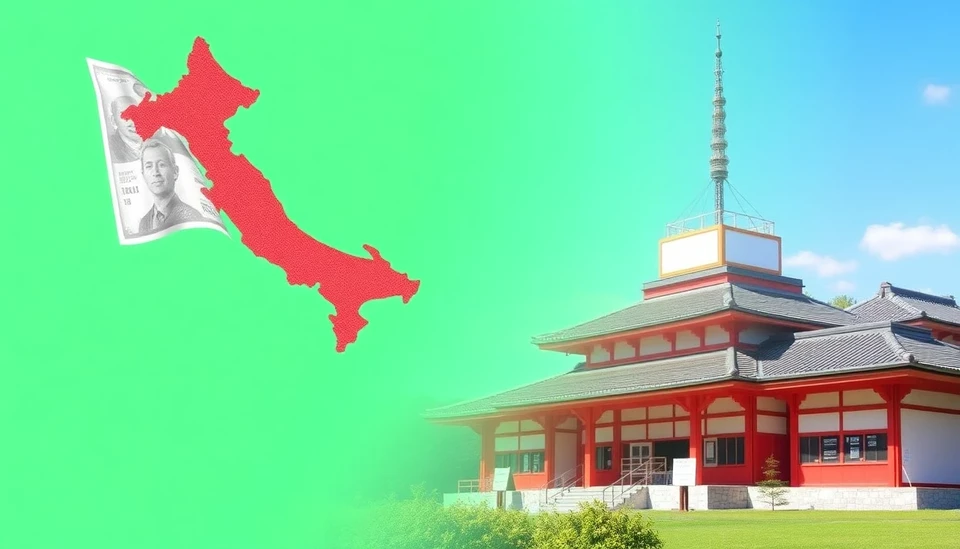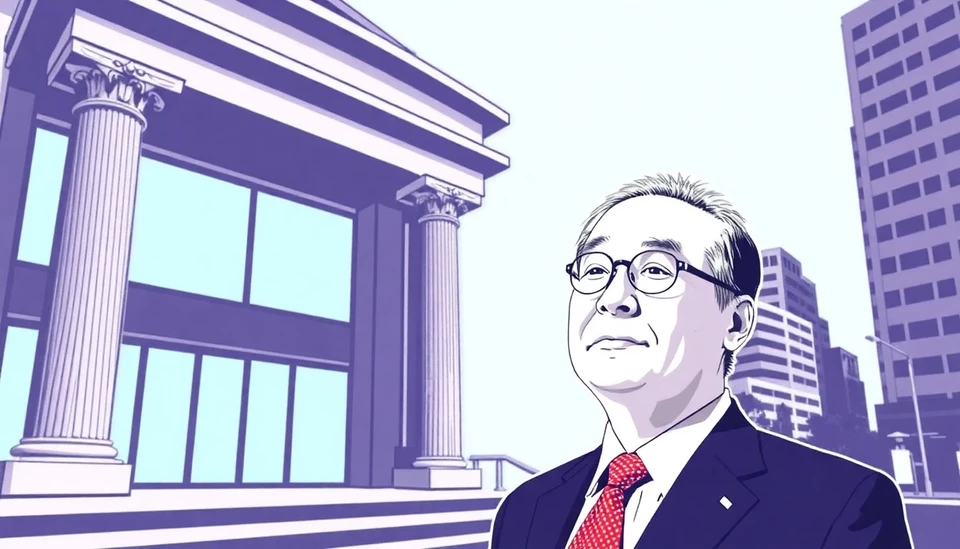
In a continuing deliberation over monetary policy, economists and analysts observing the Bank of Japan (BoJ) anticipate that Governor Kazuo Ueda may choose to delay any potential interest rate hikes for an additional six months. This projection comes amid a complex economic landscape influenced by global inflation, domestic challenges, and shifts within the financial markets.
Despite pressures from rising prices, which have persisted beyond the central bank's target, Ueda's reserved approach indicates a meticulous consideration of economic indicators before making any decisive moves. Several observers have pointed out that while inflation rates in Japan are notably higher than the historical averages, underlying economic fundamentals still suggest caution is warranted.
Ueda, having taken the helm of the BoJ in 2023, has committed to a careful unwinding of the highly accommodative monetary policies that have characterized the Japanese economy for years. His statements imply a thorough evaluation of the potential impacts of a rate hike on consumer spending and business investment, both critical to sustainably advancing Japan’s economy.
The BoJ's current position stands in contrast to many other central banks worldwide, which have aggressively raised interest rates in an attempt to combat inflation. Japan, however, has maintained its stance of ultra-low rates, remaining wary of the potential adverse effects on growth and the domestic economy. The decision-making process is further complicated by an unpredictable global economic climate, influenced heavily by geopolitical tensions and supply chain disruptions.
Market participants and analysts have voiced their perspectives on when the BoJ might pivot from its current approach. Many expect that if inflation remains above the target level as 2025 progresses, the likelihood of a rate hike could re-enter discussions later in the year. Still, sentiment leans towards the belief that Ueda will prioritize stability and gradual change as opposed to abrupt shifts in policy.
The forthcoming meetings of the BoJ's policy board will be closely watched for any indications of impending changes. Any hints regarding a pathway towards tightening monetary policy could stir reactions across global markets, given Japan's significant role in the international financial system.
As the economic environment evolves, the BoJ faces the challenging task of balancing price stability with economic growth. With inflationary pressures showing signs of persistence, the actions taken by Ueda and his team will be pivotal in shaping the future trajectory of the Japanese economy.
In summary, while the outlook remains uncertain, the consensus indicates that Governor Ueda is likely to hold off on raising rates for the foreseeable future, implementing a wait-and-see strategy that reflects the broader economic complexities Japan faces.
#BankOfJapan #KazuoUeda #InterestRateHike #MonetaryPolicy #JapaneseEconomy #Inflation #Economics
Author: Daniel Foster




